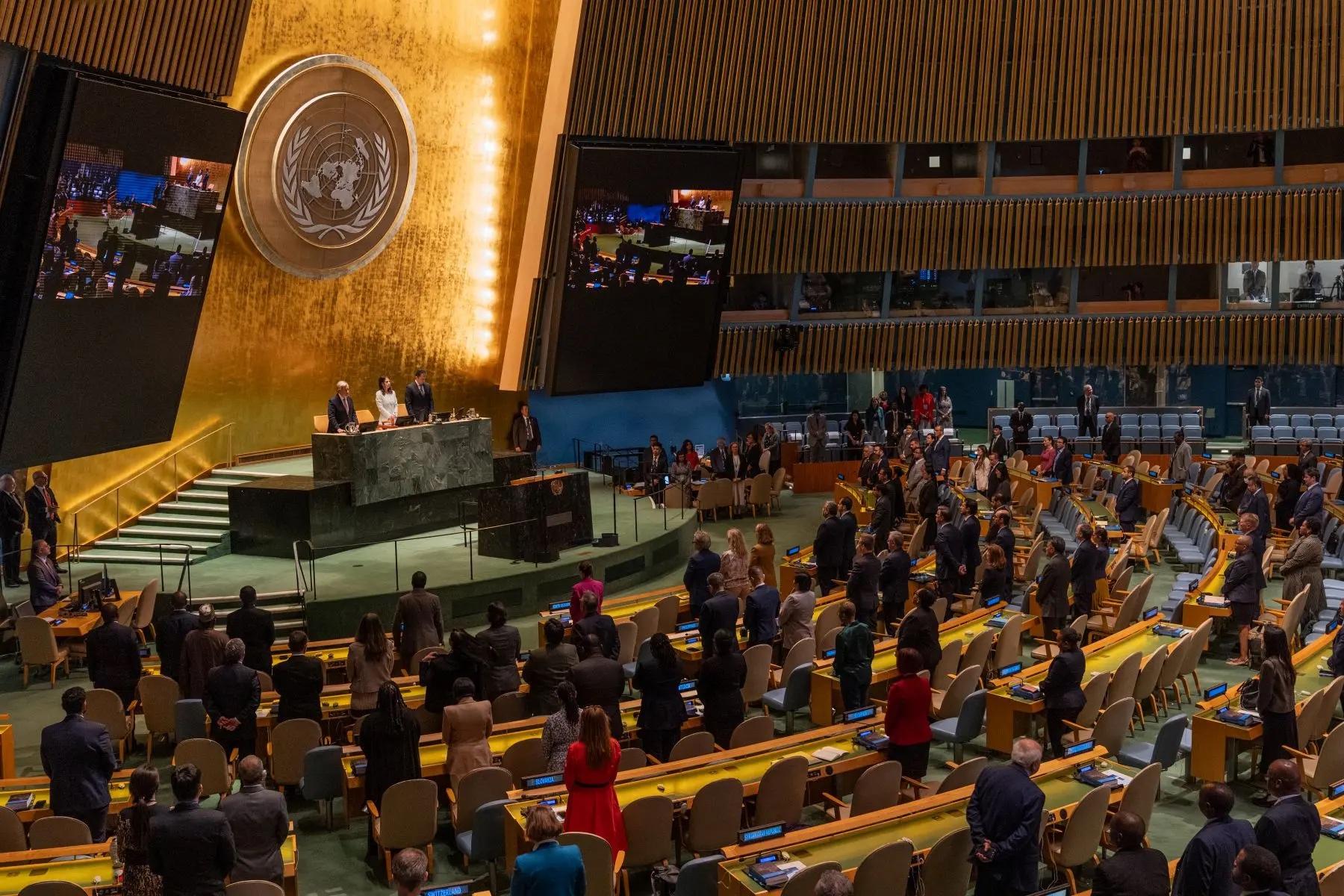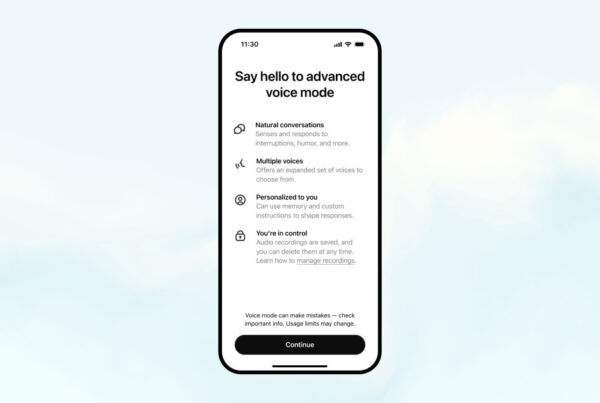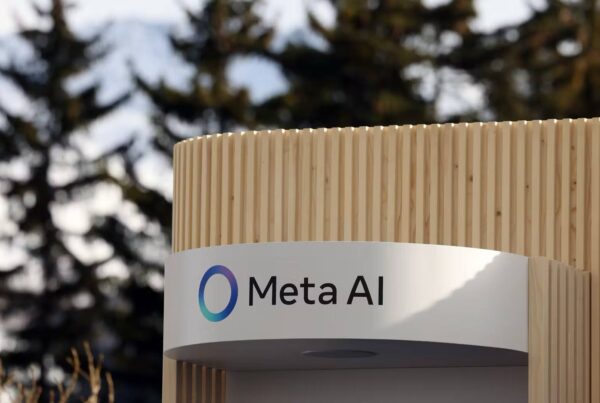The United Nations has officially placed artificial intelligence on the list of urgent global issues. This decision was taken on August 26, 2025, through a General Assembly resolution that established two new instruments: an independent scientific panel and a multi-stakeholder global dialogue. The move gained major attention during the UN High-Level Week in New York from September 23 to 27, 2025, as world leaders highlighted the moment as a turning point in guiding AI development for the benefit of humanity.
The resolution was adopted without opposition, meaning all UN member states agreed. It established the Independent International Scientific Panel on AI, composed of 40 experts. The panel will provide regular scientific assessments of AI’s risks, benefits, and socio-economic impacts. It is required to report to the General Assembly and publish annual findings that policymakers can rely on. The Secretary-General was tasked with launching an open nomination process with strict criteria to ensure balanced representation across regions and disciplines.
Alongside the panel, the resolution created the Global Dialogue on AI Governance. This forum brings together governments, industry, academia, and civil society to openly debate AI’s trajectory. The inaugural session took place during the High-Level Week in September 2025. Follow-up meetings are already scheduled: Geneva in 2026 during the AI for Good summit and New York in 2027 during the Science, Technology and Innovation Forum. These gatherings aim to ensure AI governance remains a consistent and ongoing agenda.
AI as a Global Issue Comparable to Climate Change
In his address, UN Secretary-General António Guterres stressed that AI must now be treated as a global challenge on par with climate change and international security. He described the scientific panel as a “science-based compass” and the dialogue forum as the arena for unifying diverse interests. Together, they are expected to ensure that AI serves human progress rather than posing threats.
This initiative follows earlier AI summits in the UK, South Korea, and France, which produced voluntary commitments. The difference is that the UN resolution provides a more formal framework. However, some analysts pointed out weaknesses, especially the exclusion of the military domain from the panel’s mandate. Institutions like Chatham House and Brookings argued this omission creates a gap given AI’s dual-use nature.
Hopes and Concerns
Major economies welcomed the decision enthusiastically. French President Emmanuel Macron called it a “crucial framework” for managing fast-moving technology. Canada and Germany emphasized the importance of supporting developing nations to ensure they are not left behind in both access and regulation. On the other hand, representatives from the Global South urged the panel to also focus on economic inequality that could be deepened by AI-driven automation.
Academics voiced concerns that UN bureaucracy may lag far behind the speed of technological progress. Some argued for emergency mechanisms to deal with high-risk AI models released to the public without proper safeguards. Still, most observers agreed that the creation of the panel and forum is a step forward, offering a clear path for global cooperation.
Long-Term Impact
The scientific panel’s annual reports are expected to serve as benchmarks for national and regional policy. Member states could adjust domestic regulations based on the evidence presented. The dialogue forum has the potential to improve cross-border coordination on issues such as model safety standards, content verification, and transparency principles. If implemented effectively, these efforts could reduce regulatory fragmentation, which often harms both innovation and security.
For civil society, the global dialogue offers a platform to raise concerns about privacy, digital rights, and social impacts. For industry, it provides a chance to align business practices with international expectations. Together, the two new instruments represent a foundation for a more inclusive and accountable AI governance system.
By placing AI on the global agenda, the UN marks a new era of international technology oversight. The initiative is far from perfect, but it signals hope that the world is moving toward fairer and science-based governance. The biggest challenge will be ensuring that the panel and forum operate effectively without being slowed down by bureaucracy.




